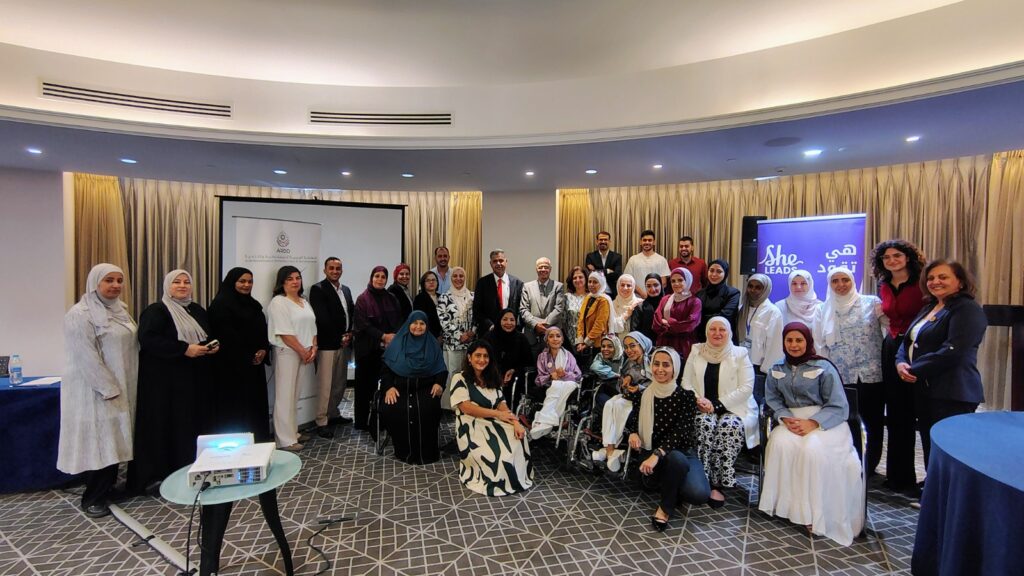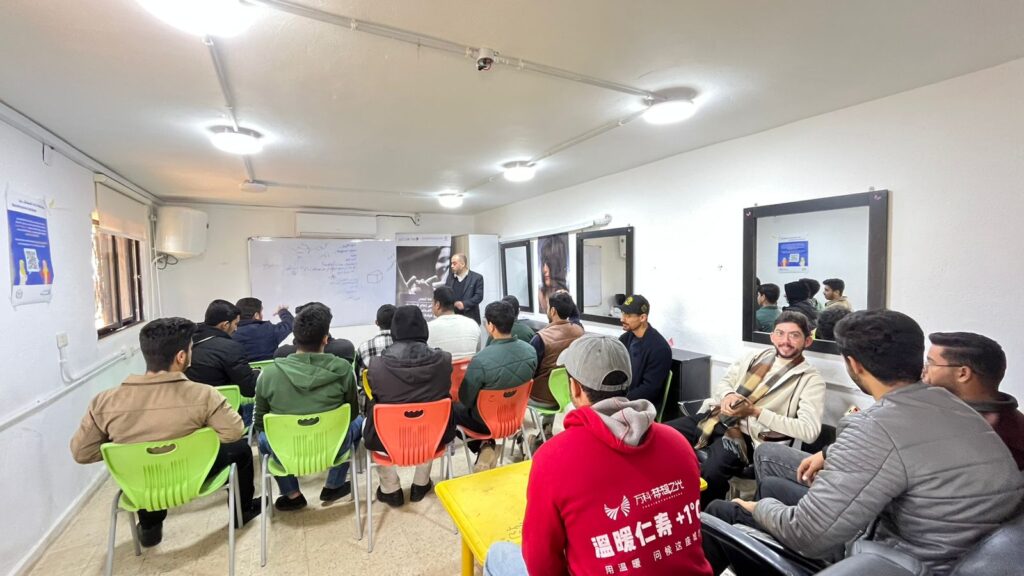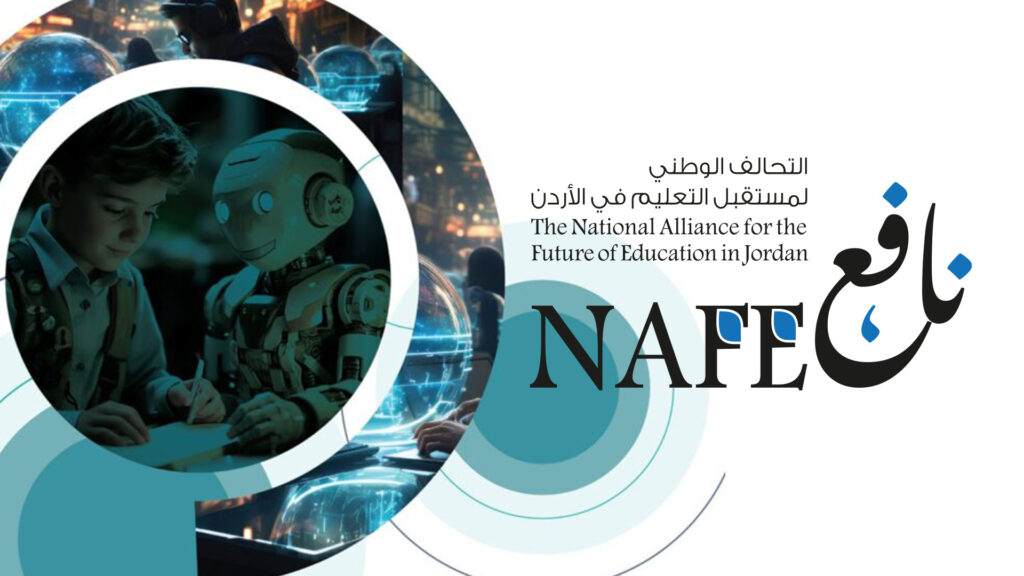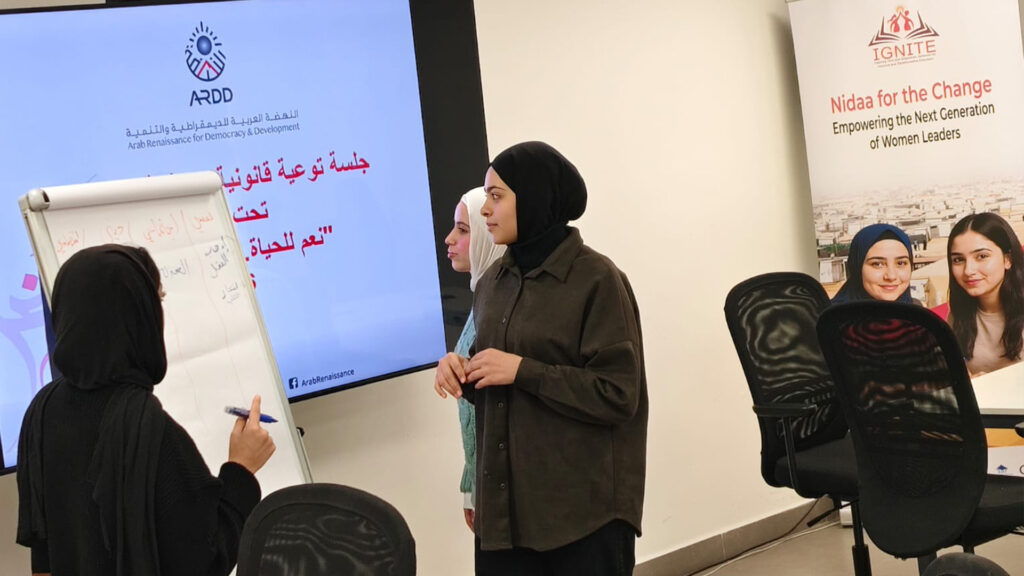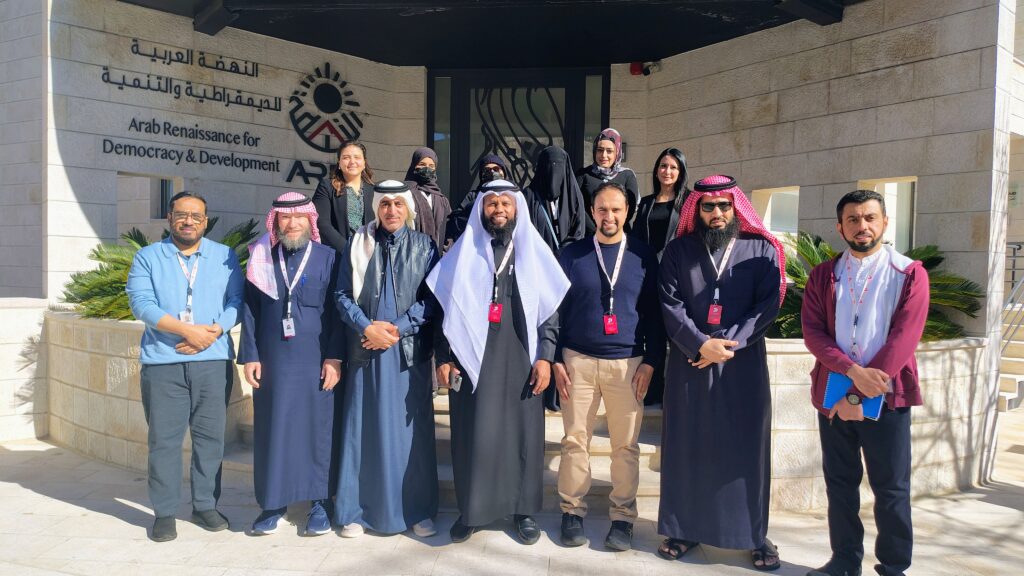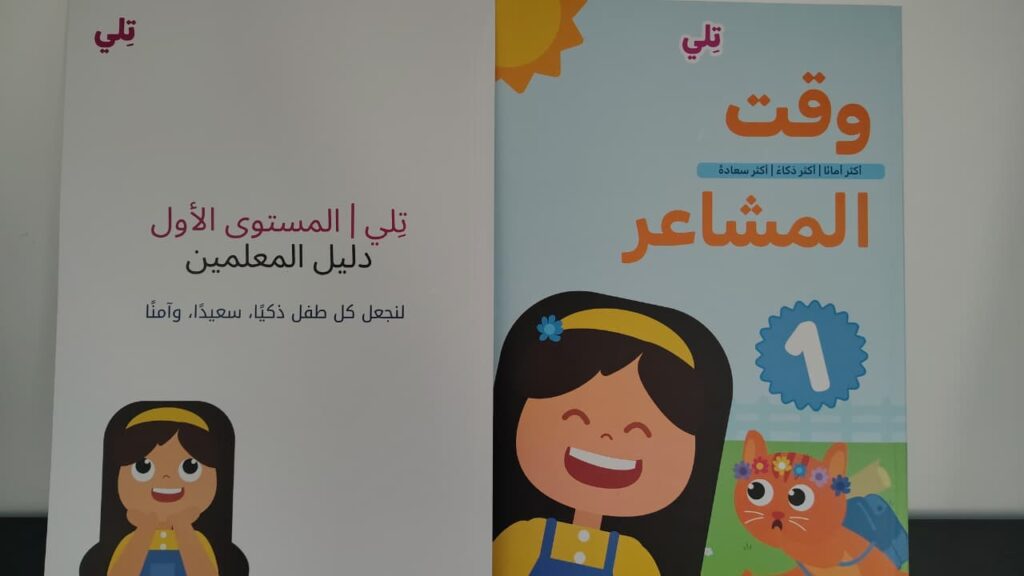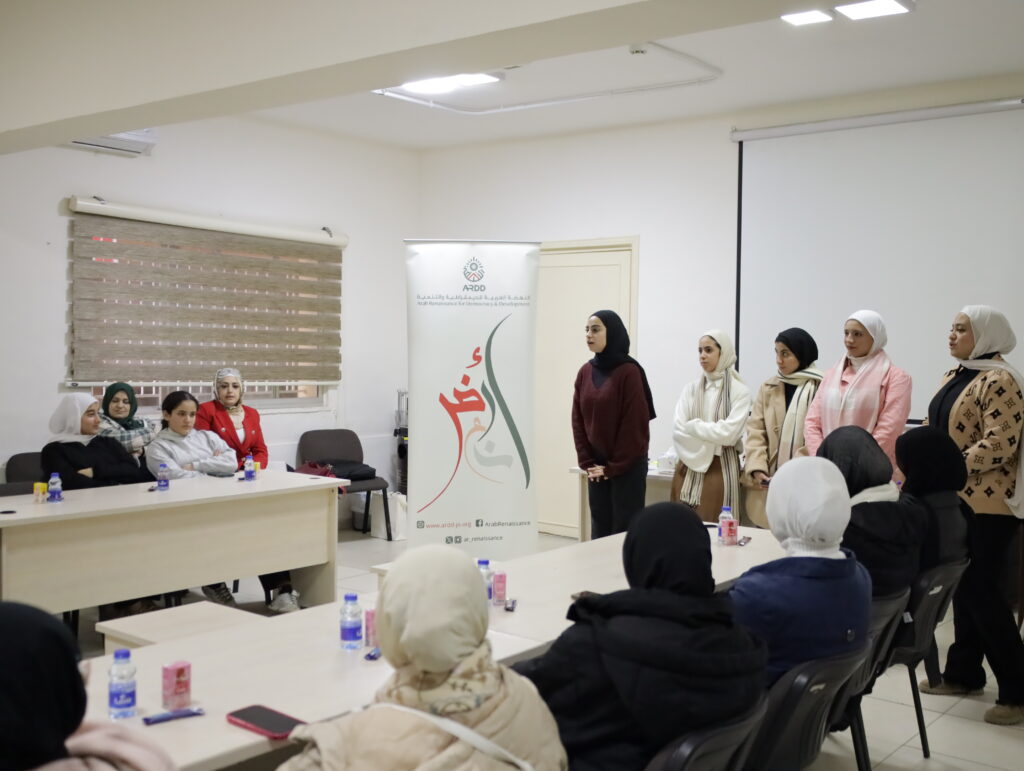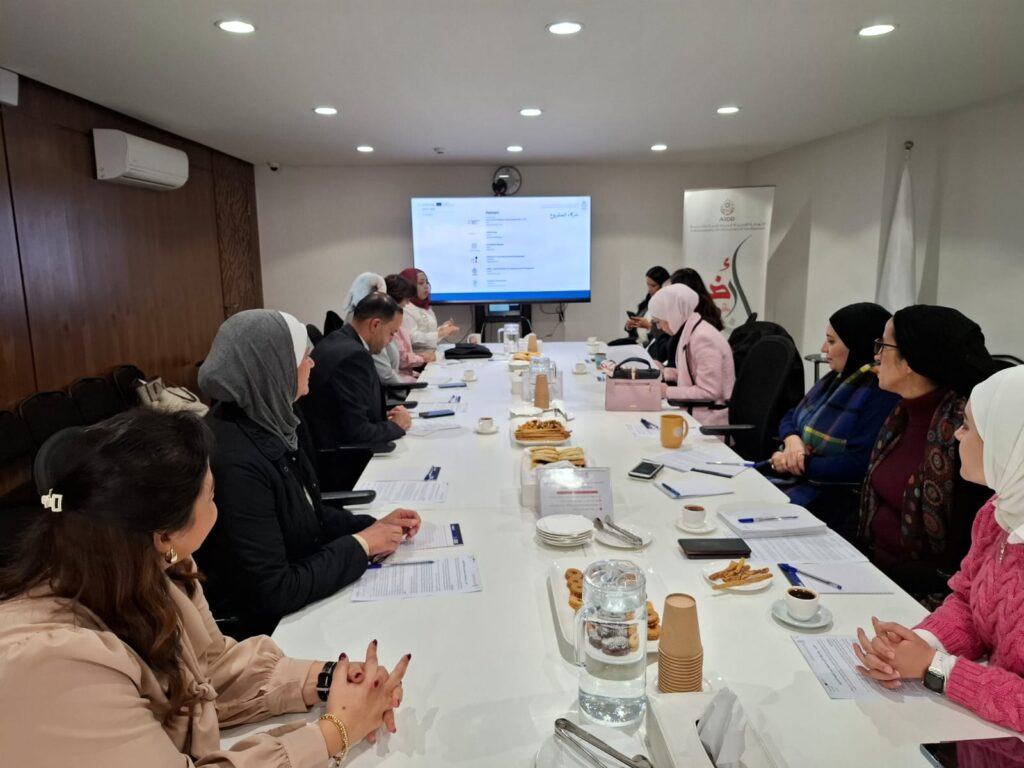In light of the social, political, and economic challenges facing youth in Jordan and the Arab region, the importance of strengthening youth leadership and civic engagement emerges as essential tools for building more just and sustainable societies.
In this context, the Arab Renaissance for Democracy and Development (ARDD), as part of its “She Leads” program, held a regional dialogue meeting titled “Youth Leadership and Civic Engagement: How Can It Be Activated?” on Wednesday, July 30, 2025. The meeting brought together a group of activists from Jordan and Egypt, along with representatives of civil society organizations, to discuss ways to activate the roles of youth, especially women, in public life.
This meeting comes amidst the growing momentum in the region to promote the participation of young women in public life, and in light of legislative changes witnessed in some countries, such as lowering the age of candidacy for local elections in Jordan and expanding civic spaces in Egypt. These changes reflect the growing interest in strengthening the voice of youth and empowering them. The meeting also highlighted the results of research and studies conducted by the Women’s Studies Unit on youth leadership and the factors that support and hinder the participation of young men and women in civic action.
For her part, Lina Halsa, Director of the “She Leads” Project, emphasized that local and regional partnerships play a pivotal role in strengthening fieldwork and advocacy. She highlighted the importance of exchanging experiences between young women in Jordan and Egypt, and emphasized the importance of creating an enabling environment for girls and young women through effective partnerships with local community institutions. She highlighted the impact the project had on building young women’s capacities, developing their leadership and advocacy skills, and enhancing their presence in decision-making spaces.
Through their personal contributions, Sally and Sondos Saleh spoke about their journey with “She Leads,” viewing challenges and obstacles as opportunities for growth. They noted that success does not come without perseverance and determination, and that they have become trainers and activists in many community issues.
From Egypt, Mona Nabil said that her participation in the program opened a new horizon for her in thinking and interacting with community issues, enhancing her ability to express herself and lead.
Dr. Mohammed Al-Jarabi, Director of the Thuraya Center, emphasized that civic participation is the cornerstone of community leadership, explaining that participation takes many forms, such as political parties, unions, and volunteer work. He pointed out that the Jordanian government has called for enhancing youth participation in civic and political work over the past decades, but emphasized the need to develop discourse and approaches to effectively activate this participation.
Representatives from the Women’s Committees Association also participated, presenting the “She Leads” program’s experience in promoting women’s political and legal participation through interactive and dialogue sessions.
Regarding the role of teachers in building the capacity of youth, education expert Dr. Aseel Al-Shawareb explained that teachers play a pivotal role in enhancing critical thinking and life skills among students. She noted that empowering them and developing their capabilities directly impacts the quality and outcomes of education, contributing to the preparation of an informed generation capable of active participation in their communities.
Dr. Amani Al-Sarhan, Associate Professor of Women’s Studies at the University of Jordan, focused on the role of the family as the “first school” that influences the formation of young people’s values and social identities. She added that families must play a motivating, not obstructive, role in the process of change.
In the Safe Spaces and Innovative Community Initiatives section, Dr. Sami Al-Hourani spoke about the “Diwaniya” initiative, an open community dialogue space that aims to create public discussion spaces that enable direct interaction between youth and decision-makers in public debate environments. He emphasized that providing these spaces is an essential element in supporting youth participation and empowerment in various fields.
They are not just physical or virtual spaces, but rather environments that allow youth to freely express their opinions and participate in influencing decision-making.
Finally, the participants recommended the need to produce new young and female leaders with the ability to innovate and keep pace with change. They also recommended developing interactive programs based on the real needs and aspirations of youth, while enhancing community awareness of the value of civic and political participation. They also emphasized the need to create safe and inclusive spaces to empower youth and women to express themselves and participate, with a focus on public space as a platform for interaction and community influence.

